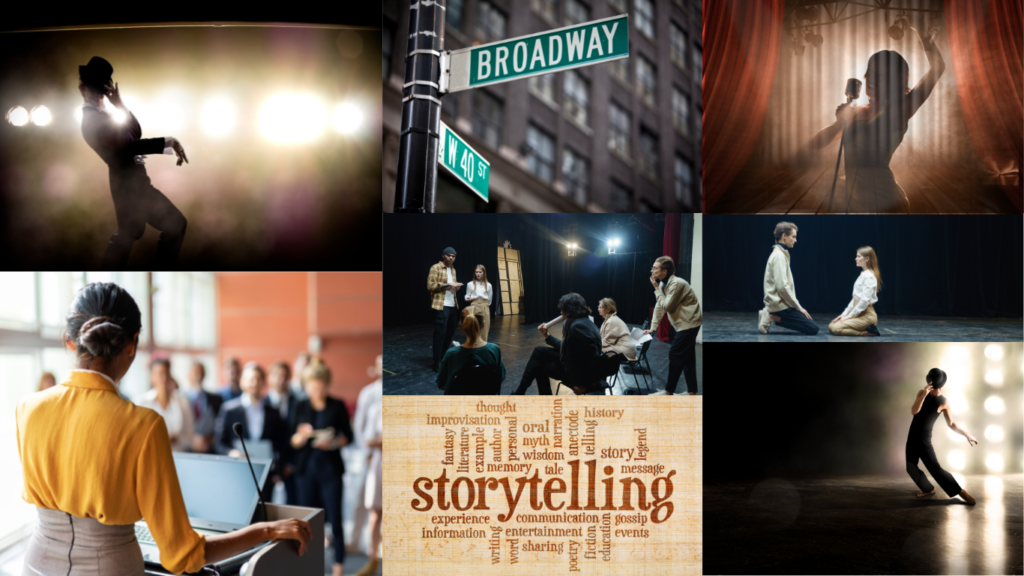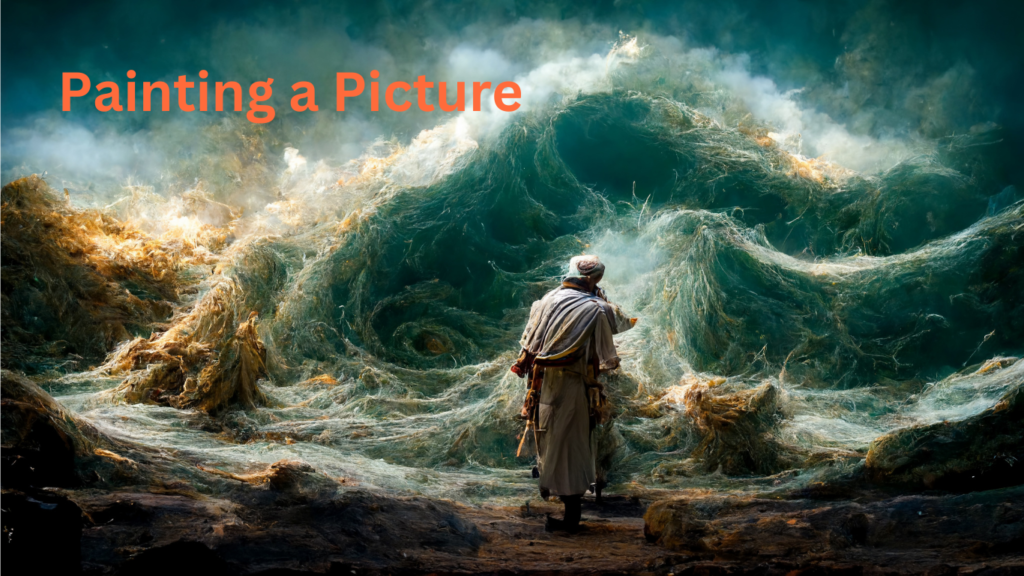
In this season of giving and celebration we found it fitting to give The Gift of Storytelling. One of the oldest traditions of communication, it is through storytelling that we share our beliefs, values and the rules by which we live. As a result, these three aspects of our lives control the way we think, feel and behave.
Therefore storytelling perpetuates life itself. It is a force so strong that we draw from it every day to support habits that keep us going. Stories are our teachers about everything from why it is important to floss daily and brush our teeth following meals, to how we interact with supervisors, peers and subordinates with whom we work.
Stories tell about who we are as individuals and as communities. They teach lessons such as why it is important to take risks in business in order to move initiatives forward. Stories motivate change. Whether it is a change in how you do business or how you will move into the next year as we will all do in just a few weeks as we embark on a new journey in 2023.
Storytelling also serves us in how we look at things. Stories can change the frame so that we are provided with a fresh or new outlook. For instance, one of the hallmarks of my work with leaders and managers is how we use language in ways to perpetuate positive work flows and accomplish business goals. One example is the use of the word perpetuate.
I’ve used the word perpetuate twice in this article. Typically the word is associated with undesirable situations or unfounded beliefs. Yet, when defined by Merriam Webster, it is also defined as: to make perpetual or cause to last indefinitely; eternalized, immortalized. Those are not necessarily negative ways of seeing things. Yet we can allow ourselves to over simplify what we mean without clarification.
As you read this month’s blog, think about how you can tap into your perpetuation of life by developing and telling Your story! To learn more about how we can work together to help shape your story to perpetuate what is important to you in your leadership, click the button below and let’s explore.









